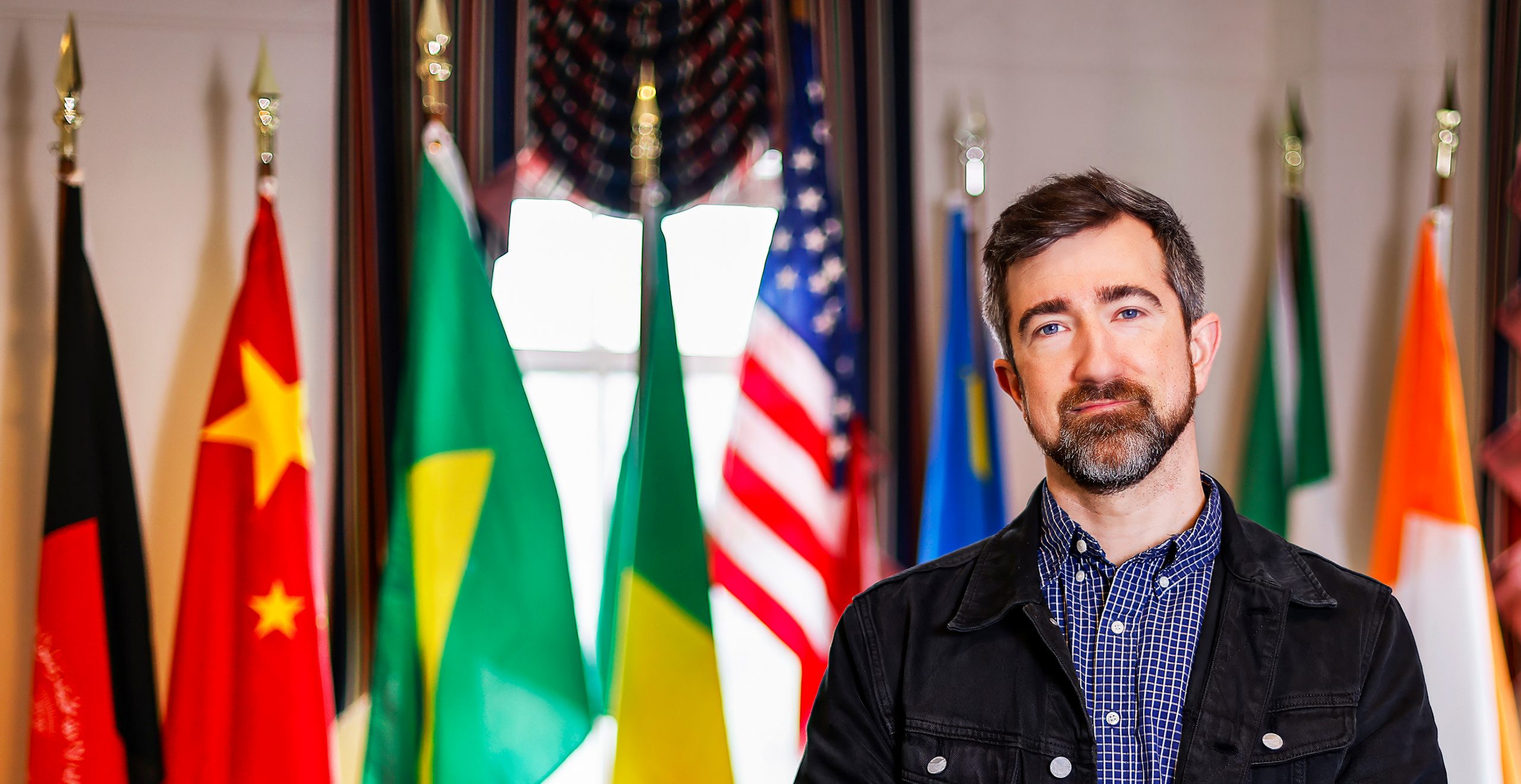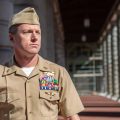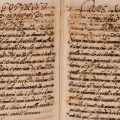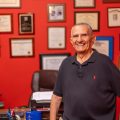Associate professor Joseph Huddleston utilizes a sabbatical in D.C. to prepare diplomacy students for a rapidly changing political landscape.
Joseph Huddleston, Ph.D., is spending his sabbatical working in Washington, D.C., on federal legislation that may or may not be enacted. But his time won’t be wasted — he’s learning lessons he’ll be bringing back to his students at Seton Hall. Huddleston, associate professor in the School of Diplomacy and International Relations, is working for U.S. Sen. Cory Booker, D-N.J., as part of a Council on Foreign Relations fellowship. His duties include writing policy memos and official statements centered on Africa.
By the time his stint with Booker ends, Huddleston will be able to share with his students more than how to write a first-rate memo.
“I haven’t been able to metabolize all of these lessons and real-world experiences,” he admitted.
Some have stuck. He can explain how you can work on something for days and then the world changes, priorities shift, and that project becomes an afterthought — or you can work on something that winds up being historically important. Huddleston worked with Booker’s foreign policy team to prepare over a hundred pages of materials for the senator’s record-breaking 25-hour speech on the floor of the Senate.
When Courtney Smith, Ph.D., the dean of the school, met with Huddleston in Washington last fall, one of the first things Huddleston told him was that he had ideas for how to improve DiploLab, the collaborative research space he founded at the school in 2019.
At DiploLab, undergraduate research assistants work closely with professors on research projects and hone the skills they need for academic, policy making and private sector careers.
Projects at DiploLab have included collecting data on separatist movements — one of Huddleston’s areas of expertise — as well as analyzing the conflict in Yemen, examining the military effectiveness of alliances and coalitions in multinational conflicts and writing analytical pieces on cybersecurity. Commentaries by DiploLab faculty and students have appeared in such high-profile publications as The Washington Post and Foreign Policy.
“He’s just a really good and caring teacher,” Smith said, noting that Huddleston talks with his students instead of talking at them, and that he helps students “do the learning, rather than telling them what they should know. International affairs is a complex and rapidly evolving field,” Smith added, “so even if we teach students a whole bunch of facts, those facts are going to change.”
Huddleston also can tell students how the D.C. job market works — he has already had students inquiring about opportunities — from networking to hiring to promotions. He can attest to the value of being collegial and getting along with people. He can explain the influence legislators have on policy, and that if enough constituents call or email a senator or representative about an issue, that could affect their actions.
For years, Huddleston has preached the power of humility, which he calls a “kind of superpower.”
Now, he can tell students that asking for help — “Can you please explain this to me?” — works in the nation’s capital. The person answering the question can build their influence; the person who asks the question gets an ally.
Huddleston’s absence from the classroom doesn’t mean there aren’t lessons to be learned now. A chance exists to show students principles of diplomacy in real time, not as abstractions, and to evaluate what the United States’ relationship with the United Nations will look like in the next 20 or 30 years. Advocacy and activism, Huddleston observed, are forms of diplomacy that can be practiced by anyone at any time.
When he returns to Seton Hall, Huddleston will have practice to accompany the theory. He can reinforce what Smith cites as one of Huddleston’s key skills: telling students “What they need to ask and what they need to learn. That way they can really help build solutions to these problems.”
Pete Croatto is a freelance writer based in central New York.







